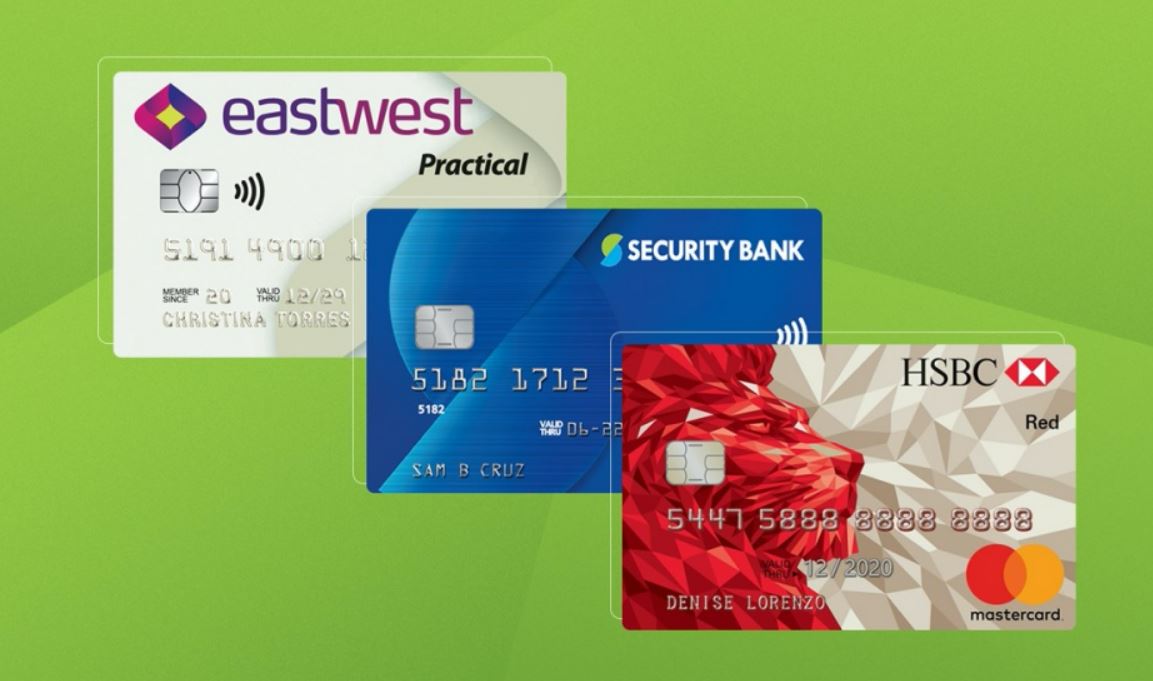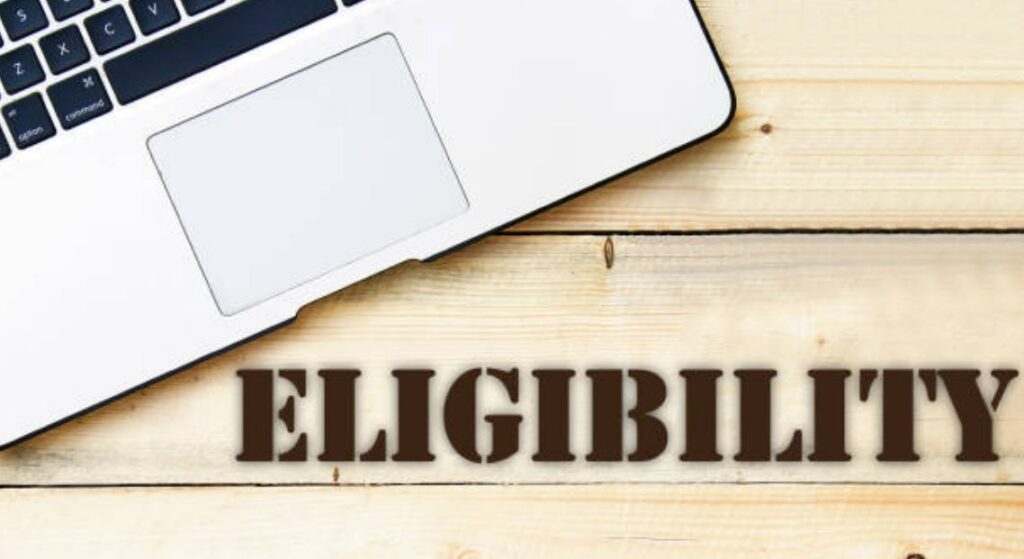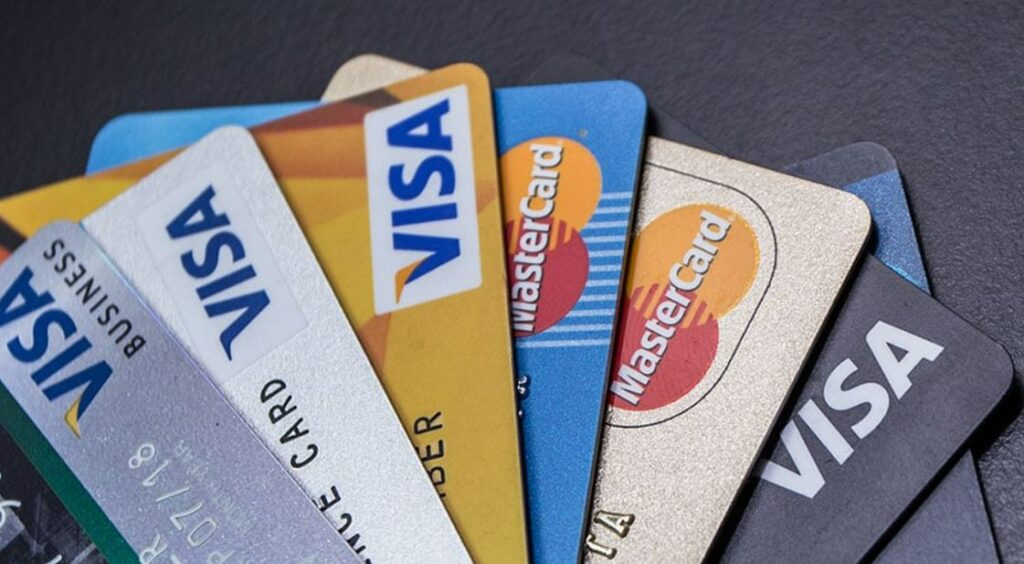 March 11, 2025
March 11, 2025
Credit cards are a popular financial tool that offers convenience, rewards, and opportunities to build credit history. However, many Filipinos remain hesitant to apply due to the perceived complexity of meeting credit card requirements.
Credit card requirements aren’t just there to complicate the process — they help banks assess your financial stability and ensure you’re ready to manage credit responsibly. Knowing what to prepare and how to present your application can improve your chances of getting approved and finding the right card that fits your needs.
This article explores what are the requirements for credit card in the Philippines, covering eligibility criteria, required documents, and tips to simplify the process.
We’ll also highlight various types of credit cards, such as those with no annual fees, rewards credit cards, and cashback credit cards.
What Are Credit Card Requirements?
Credit card requirements differ depending on the issuing bank or financial institution. These requirements help assess an applicant’s financial stability, repayment capacity, and overall creditworthiness.
Why Do Banks Have Credit Card Requirements?
Banks impose credit card requirements to minimize financial risk and ensure applicants can manage their credit responsibly. These requirements safeguard both the bank and the applicant, preventing borrowers from meeting their obligations.
Banks can determine each applicant’s appropriate credit limit and terms by evaluating their financial background.
General Eligibility Criteria

While each bank may have unique requirements, the following are standard eligibility criteria for applying for a credit card in the Philippines:
- Age: Applicants must typically be between 18 and 70 years old. Some banks may require applicants to be at least 21 for primary cardholders, while supplementary cardholders can be as young as 13.
- Income: A minimum gross annual income is required, which varies by bank. Higher-tier credit cards often have higher income requirements compared to entry-level cards.
- Employment Status: Applicants should be employed (with regular status) or self-employed with a stable and verifiable income source. Some banks may also offer freelancers or professionals with consistent earnings credit cards.
- Residency: Filipino citizens or resident foreigners with valid documentation, such as an Alien Certificate of Registration (ACR) or Special Resident Retiree’s Visa (SRRV), can apply.
- Credit History: A good credit standing increases the likelihood of approval. Some banks may require applicants to have an existing credit card or loan history to assess repayment behavior.
Documentary Requirements
Applicants need to submit certain documents to support their application. These typically include:
- Proof of Identification: Any government-issued ID such as a driver’s license, passport, National ID
- Proof of Income: Recent payslips (1 to 3 months) or a Certificate of Employment with compensation details. For freelancers and self-employed individuals, banks may require contracts, bank statements, or proof of consistent income sources.
- Income Tax Return (ITR) or BIR Form 2316: Employed applicants typically need to provide BIR Form 2316, while self-employed applicants must submit their ITR along with financial statements and business registration documents from the Department of Trade and Industry (DTI) or the Securities and Exchange Commission (SEC).
- Application Form: A fully completed and signed application form provided by the bank. This form usually includes personal information, employment details, and financial data.
- Contact Information: An active landline or mobile phone number and email address for verification and correspondence purposes.
Additional Requirements for Foreigners
Foreign residents applying for credit cards may need to submit additional documents, such as a work permit, employment contract, or visa with a specified duration of stay. Some banks may also require foreigners to have a local sponsor or guarantor.
Credit Card Requirements Per Bank in the Philippines

Here’s a summary of the eligibility criteria and documentary requirements from major banks in the Philippines:
| Bank | Age Requirement | Minimum Income Requirement | Required Documents |
| Metrobank | 18 to 70 years old | ₱350,000 annually | Valid PhilID, TIN, SSS, or GSIS number |
| HSBC | 18 to 70 years old | ₱200,000 annually | Two valid IDs, proof of income, and proof of residence |
| BPI | At least 21 years old | ₱180,000 annually | One valid ID, proof of income |
| BDO | 21 to 60 years old | ₱15,000 monthly | Proof of identification, proof of income |
| PNB | 21 to 65 years old | ₱120,000 annually | Recent one-month payslip or COE, Government Issued ID, Proof of Billing |
| RCBC | 18 to 65 years old | ₱15,000 monthly | One valid ID with photo and signature, proof of income, latest ITR, latest payslip, original COE |
| EastWest Bank | At least 21 years old | P180,000 to P300,000 annually | Latest ITR, COE, Letter of Appointment, payslips for the last three months |
| Maybank | 21 to 65 years old | ₱195,000 annually | One valid ID, proof of income |
| UnionBank | 18 to 70 years old | ₱360,000 to ₱600,000 annually | One valid government ID, proof of income |
| Security Bank | 21 to 65 years old | ₱180,000 annually | Government-issued ID, 1 month payslip, or signed COE or ITR |
| China Bank | 21 to 65 years old | ₱250,000 annually | Government-issued ID |
Types of Credit Cards in the Philippines

Different types of credit cards cater to varying needs. Below are some popular options:
Credit Cards with No Annual Fee
Credit cards with no annual fee could be your best bet if you’re all about saving money. These cards skip the yearly fees, making them perfect for those who prefer straightforward, cost-effective options without too many frills.
Rewards Credit Cards
Do you love earning something back for every purchase? Rewards credit cards let you rack up points for every peso you spend. Whether you’re into shopping, dining, or travel, you can redeem your points for perks like gift certificates, flights, or even gadgets.
Cashback Credit Cards
If you’d rather see instant savings, cashback credit cards give you a percentage of your spending — usually on essentials like groceries, fuel, or utilities. It’s a simple, practical way to cut down on everyday expenses.
Travel Credit Cards
Frequent flyers will appreciate travel credit cards. These cards come with perks like air miles, free travel insurance, and access to airport lounges—perfect for making trips more comfortable and rewarding.
Beginner Credit Cards
Are you just starting your credit journey? Credit cards for beginners have lower income requirements and smaller credit limits, making them an excellent choice for first-time applicants looking to build their credit history.
Secured Credit Cards
Secured credit cards are an option if you’re rebuilding your credit or don’t have much credit history yet. You’ll need to put down a security deposit, but they offer a reliable way to boost your credit score over time.
Premium Credit Cards
Premium credit cards offer luxury benefits like concierge services, exclusive rewards, and higher spending limits for high earners who want the best perks.
Business Credit Cards
Business credit cards help you manage expenses while earning rewards on corporate spending. Many come with features like detailed expense tracking and higher spending limits — perfect for keeping business finances in check.
Tips for a Successful Credit Card Application

To ensure a successful credit card application, follow these tips:
Choose the Right Card
Assess your financial needs and lifestyle before applying. If you want to save on costs, consider cards with no annual fees. Rewards or cashback credit cards may benefit frequent shoppers or travelers more.
Additionally, check the card’s eligibility criteria, such as income and age requirements, to ensure you qualify.
Prepare All Requirements
Government-issued IDs, proof of income (such as payslips or ITR), proof of residence, and a Certificate of Employment (COE) are commonly required documents.
Self-employed applicants may need additional paperwork, such as business permits or financial statements. Ensure all details on your application form match your supporting documents to avoid delays or rejections.
Check Your Credit Standing
Banks review your credit history to assess how well you manage debts and payments. A good credit score increases your chances of approval for premium cards with better perks. If you have no credit history or a low score, consider building it by maintaining a savings account or applying for a secured credit card.
Limit Applications
Avoid applying for multiple credit cards simultaneously, as each application results in a hard inquiry on your credit report. Too many inquiries within a short period can hurt your credit score and signal desperation to lenders. Experts recommend waiting three to six months between applications to improve approval odds.
Use Online Tools
Leverage comparison platforms like Cards.ph or bank websites to efficiently evaluate various credit card options. These tools allow you to filter cards based on features like annual fees, rewards programs, or interest rates, helping you choose one that aligns with your financial goals.
Why Meet Credit Card Requirements?
Meeting credit card requirements ensures smoother processing and higher chances of approval. It also reflects your financial responsibility. Once approved, using your card responsibly can lead to benefits such as:
- Building a strong credit history.
- Accessing exclusive perks like cashback or rewards points.
- Managing expenses through installment plans.
Take Action With Your Credit Card Application
Whether you’re looking for a beginner-friendly option or a premium rewards card, knowing the requirements for credit card applications helps you prepare effectively.
Discover the perfect credit card tailored to your unique needs in the Philippines with Cards.ph.
Whether you’re seeking rewards, cashback, travel perks, or flexible payment terms, Cards.ph makes it easy to compare different credit cards and choose one that fits your lifestyle, spending habits, and financial goals.
Start your journey toward smarter spending by exploring your options with Cards.ph today.